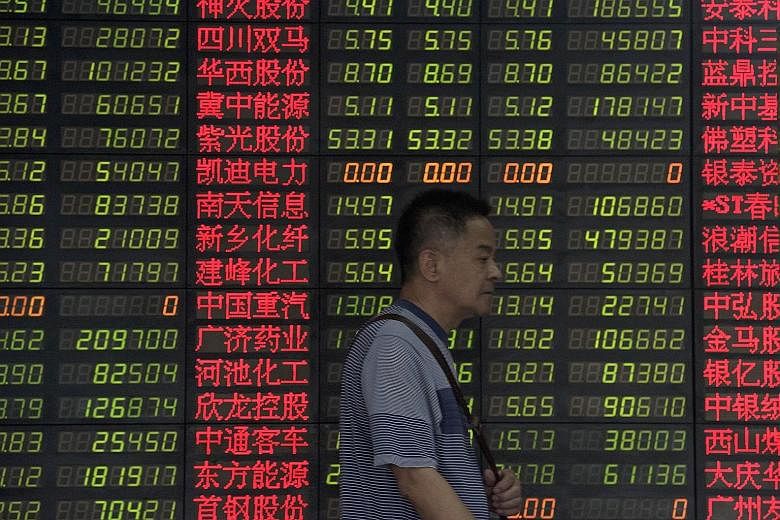Asian emerging markets, including China, will continue to outperform their global counterparts, despite the recent sharp correction, a leading fund manager has said.
China and India will be fanned by strong tailwinds from structural reforms, lower commodity prices, and monetary easing, according to Nikko Asset Management Asia.
Singapore-based Peter Sartori, head of Asian equities, Nikko AM Asia, said last week he believes there is a "very strong case for a long-term bull market" in China, despite a "major hiccough when the government fumbled, trying to support the A-share boom on the way down, and created a lot of uncertainty instead".
"The pace of initiatives appears to be increasing in China, particularly in the state-owned enterprises and financial services space," he said.
"While naysayers argue that the attempted shift from an investment-led economy to a consumption-led economy will result in a major dislocation in financial markets, we believe that the government has enough tools and capital at its disposal to make the transition successfully," he added.
Mr Sartori cited several examples of Beijing's attempts at structural reform, carrying on from moves to mitigate shadow financing announced last month. These include measures to promote foreign trade, plans to modernise urban underground infrastructure across the country.
Central banks, international financial institutions and sovereign wealth funds, starting mid-July, are no longer required to obtain explicit approval and quotas but only need to pre-register in order to access the interbank bond market, he said.
Mr Sartori also downplayed the significance of economic output, or gross domestic product (GDP), for stock markets. "Does GDP matter from the stock market point of view? No. There's no strong correlation between economic growth and stock market returns. In fact, it's the opposite. When Japan and Korea's economies were growing, their stock markets' returns were lacklustre. When growth slowed in those countries, their markets went through a long and sustained bull market. That's what's under way now in China," he said.
However, within Asean, except for certain positions in Singapore, Malaysia and Thailand, Nikko AM has kept its underweight stance, citing unattractive valuations and macroeconomic headwinds.
"Asean markets, by virtue of their demographic and growth potential, remain firmly on the radar. However, unstable political landscapes and government inactivity are exacerbating anaemic growth across most of these economies," Mr Sartori said.
But the asset manager sees India as the market with "the most structural growth potential in Asia over the medium term".
In maintaining its overweight call on India, Mr Sartori said: "The government's decision to inject capital into public-sector banks demonstrates a willingness to address the central issue plaguing the financial system. Normal monsoons, limited signs of food price inflation, and subdued global commodity prices provide scope for looser fiscal and monetary policies."
He added: "Notwithstanding, India's stronger macroeconomic position, relative to most other emerging markets, and strong domestic liquidity provide downside support to the market."
Midcap companies in healthcare, infrastructure, tourism, environment and alternative energy are among those favoured by Nikko AM. "There is a lot of noise now, but if you can get past that,
there is a compelling case to buy Asian equities at the moment," Mr Sartori said.


